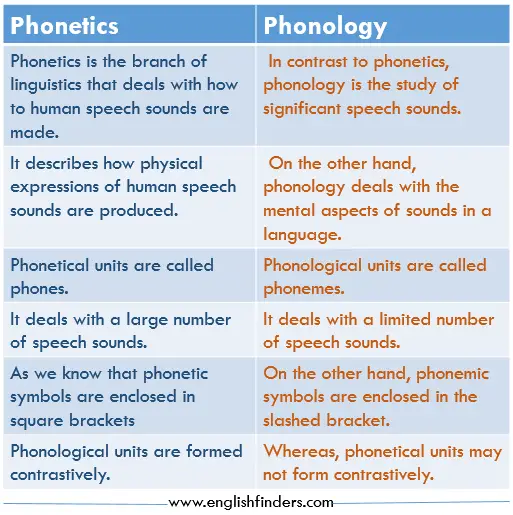Last updated on April 6th, 2023 at 12:33 pm
Definition of Syntax in Linguistics
Quick Navigation
Today, we will discuss the Elaborate definition and meaning of Syntax in Linguistics. Syntax mainly deals with the structure of sentences in a language.
In the study of Syntax, we can understand how the words are worked in a sentence correctly. Further, it also allows us to define descriptive rules and structures about how a language works.
The main objectives of the syntacticians or experts in Syntax are to find out the factors involved in grammar, especially in specific languages.
It’s essential to learn Syntax because it describes the grammatical structures in which phrases, clauses, and sentences are formed. Let us discuss the definition and meaning of Syntax in Linguistics elaborately.
Elaborate Definition and Meaning of Syntax
The fundamental characteristics of Syntax are morphology and the principles which govern how sentences are formed. Besides, Syntax focuses on the differences between written and spoken language, as spontaneous speech will often ignore standard structural rules.
By studying Syntax, we can learn about different word classes and the formation process of phrases, clauses, and sentences.
It is taken for granted that studying Syntax is pertinent to many subject areas in linguistics. We have to research Syntax to understand how children acquire their language, how they start constructing sentences, and at what stage they learn the unspoken syntactic rules of the language.
Further, studying Syntax to understand how bilingual and multilingual speakers can construct their sentences despite having different structures for different languages is good.
Also, read➡
More about Syntax
In the syntactic process, we get many answers necessary for understanding how languages work. We also study Syntax to develop rigid rules and constraints on the tongue. We call them parameters that limit what we can and can not do in a language, helping us establish an effective and working communicative system.
Some linguists believe that all languages have the same parameters, and the idea is called universal grammar, which was a theory developed by Noam Chomsky in the 1960s. We can learn, use, and teach the correct way to make sentences from these ideas of linguistic parameters.
Conclusion
To sum up, we may say that Syntax is a level of linguistics that studies sentence construction and help us to understand and apply the rules for framing correct sentences in particular languages.
Reference
Chomsky, N (1965) Aspects of the theory of syntax. Cambridge, Mass: MIT Press.

Azizul Hakim is the founder & CEO of englishfinders.com. He is a passionate writer, English instructor, and content creator. He has completed his graduation and post-graduation in English language and literature.





Great work